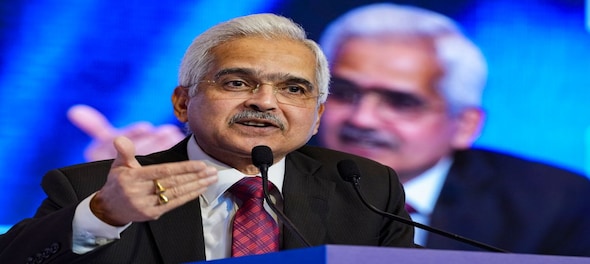
The Reserve Bank of India (RBI) will offer a cloud facility for banks and financial institutions. Governor Shaktikanta Das said this would enhance data security, privacy, scalability, and business continuity.
A cloud facility is technology-enabled service that allows organisations to save data securely online in a way that it can be accessed anytime, from any location, by those with permission. The RBI is yet to decide what services will be provided, whether it will be storage infrastructure or platforms or software.
"The cloud facility will be set up and initially operated by Indian Financial Technology & Allied Services (IFTAS), a wholly-owned subsidiary of RBI. Eventually, the cloud facility will be transferred to a separate entity owned by the financial sector participants," the RBI statement revealed.
This would qualify as yet another instance of digital public infrastructure, T Rabi Shankar, deputy governor at the RBI, said. "Especially for smaller entities, cooperative banks and those things, this provides a lot of efficiency in terms of scale, because for each one to maintain their database could involve a large amount of investment, skill and all that which this cloud is expected to provide," he added.
ALSO WATCH: former Microsoft Chairman Bill Gates praise India's efforts to build a digital public infrastructure.
This may also help the regulator to have tighter leash on the movement of data itself. All banks and payment system providers in India have to store payment transaction data within the country.
However, as Rabi Shankar explained, the RBI is focussed on strengthening smaller banks at first, more than data sovereignty.
What is digital public infrastructure?
Digital public infrastructure (DPI) refers to the tools created to enable large-scale access to services and new technology to a wider populace.
Examples of such digital public infrastructure include digital idenitification (Aadhaar card), portals that allow people to apply for things like passport, permits and other services related to governance.
This would also include data collated and delivered via an open database. Data.gov in the United States is a good example of a such a portal. Digital payments infrastructure like the UPI (unified payments interface), health records etc. would also qualify as digital public infrastructure.
First Published: Dec 8, 2023 12:09 PM IST
Check out our in-depth Market Coverage, Business News & get real-time Stock Market Updates on CNBC-TV18. Also, Watch our channels CNBC-TV18, CNBC Awaaz and CNBC Bajar Live on-the-go!


Rapido offers free rides to voters to polling stations on May 13 in Hyderabad, 3 other cities
May 6, 2024 5:49 PM
Lok Sabha elections 2024: Seats to date, all you need to know about third phase of voting
May 6, 2024 4:49 PM
Concerns on low voter turnout a "myth"; absolute number of voters correct way to analyse: Report
May 6, 2024 2:57 PM
Haryana Lok Sabha elections 2024: A look at JJP candidates
May 6, 2024 2:26 PM

